The following appears in the Orlando program, submitted by dramaturg Antonia Krueger.
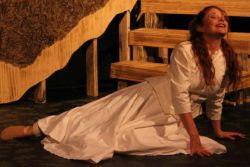 The layers of Virginia Woolf’s novel Orlando: A Biography reach through time and history like the rings of a grand oak tree. Woolf wrote Orlando as a tribute to her beloved Vita Sackville-West, a writer and aristocrat who often dressed in men’s clothing. Sackville-West’s son Nigel Nicolson called it “the longest and most charming love letter in literature.” Novelist Jeanette Winterson has called it “the most joyful” of Virginia Woolf’s books.
The layers of Virginia Woolf’s novel Orlando: A Biography reach through time and history like the rings of a grand oak tree. Woolf wrote Orlando as a tribute to her beloved Vita Sackville-West, a writer and aristocrat who often dressed in men’s clothing. Sackville-West’s son Nigel Nicolson called it “the longest and most charming love letter in literature.” Novelist Jeanette Winterson has called it “the most joyful” of Virginia Woolf’s books.
Many of the people that move through Orlando’s story had historic counterparts, either in Sackville-West’s aristocratic ancestry, in the history of Knole (her family estate), or in her life. Woolf’s novel expands the character to encompass ancestry, estate, and lovers, those elements most essential to Sackville-West’s identity. At our first introduction, Orlando himself mirrors the Earl of Leicester, a celebrated favorite of Queen Elizabeth I and the very first lessee of Knole from Sackville-West’s family. The character Sasha was inspired by Vita Sackville-West’s first lover, the novelist and radio broadcaster Violet Trefusis. The Archduchess Harriet Griselda Finster Aarhorn Scandop-Boom was based on the Viscount Henry Lascelles (later the 6th Earl of Harewood), who courted Sackville-West before marrying a princess (he purportedly married the latter in order to win a bet). Marmaduke Bonthrop Shelmerdine, Esquire, was inspired by Vita Sackville-West’s husband Harold Nicolson, with whom she shared an open marriage and whose love interests, in complementary contrast to hers, were primarily men.
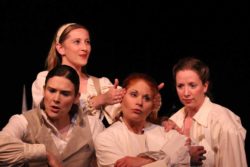 But Orlando the character and Orlando the novel reach beyond the realities that inspired Woolf’s writing. Sarah Ruhl’s adaptation of the novel for the stage adeptly gives life to both. Most of the words spoken in the play come directly from the novel. Ruhl adds renewed emphasis to the act of writing and brings the story directly to our time, in keeping with the spirit of Woolf’s novel. Thus the love letter that is Orlando includes Woolf and even Ruhl herself in its expression. Vita, whose name means life, thus inspired a classic with life beyond the physical lives of the people who inspired or created it. In this way Orlando echoes Shakespeare’s Sonnet 18:
But Orlando the character and Orlando the novel reach beyond the realities that inspired Woolf’s writing. Sarah Ruhl’s adaptation of the novel for the stage adeptly gives life to both. Most of the words spoken in the play come directly from the novel. Ruhl adds renewed emphasis to the act of writing and brings the story directly to our time, in keeping with the spirit of Woolf’s novel. Thus the love letter that is Orlando includes Woolf and even Ruhl herself in its expression. Vita, whose name means life, thus inspired a classic with life beyond the physical lives of the people who inspired or created it. In this way Orlando echoes Shakespeare’s Sonnet 18:
But thy eternal summer shall not fade,
Nor lose possession of that fair thou ow’st;
Nor shall Death brag thou wander’st in his shade,
When in eternal lines to time thou grow’st:
So long as men can breathe or eyes can see,
So long lives this, and this gives life to thee.

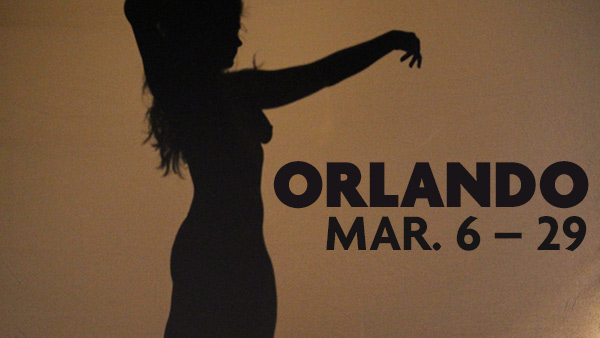
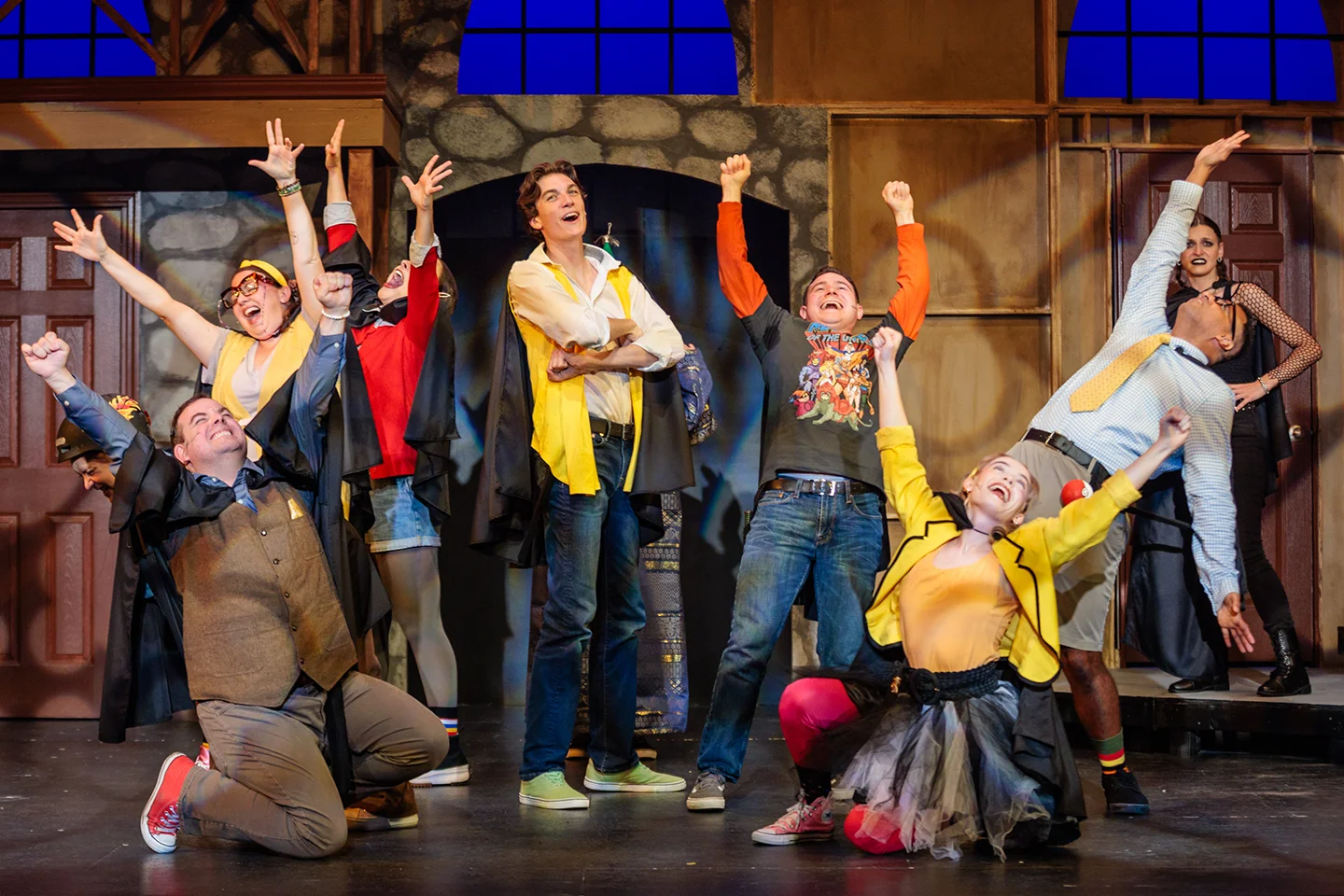
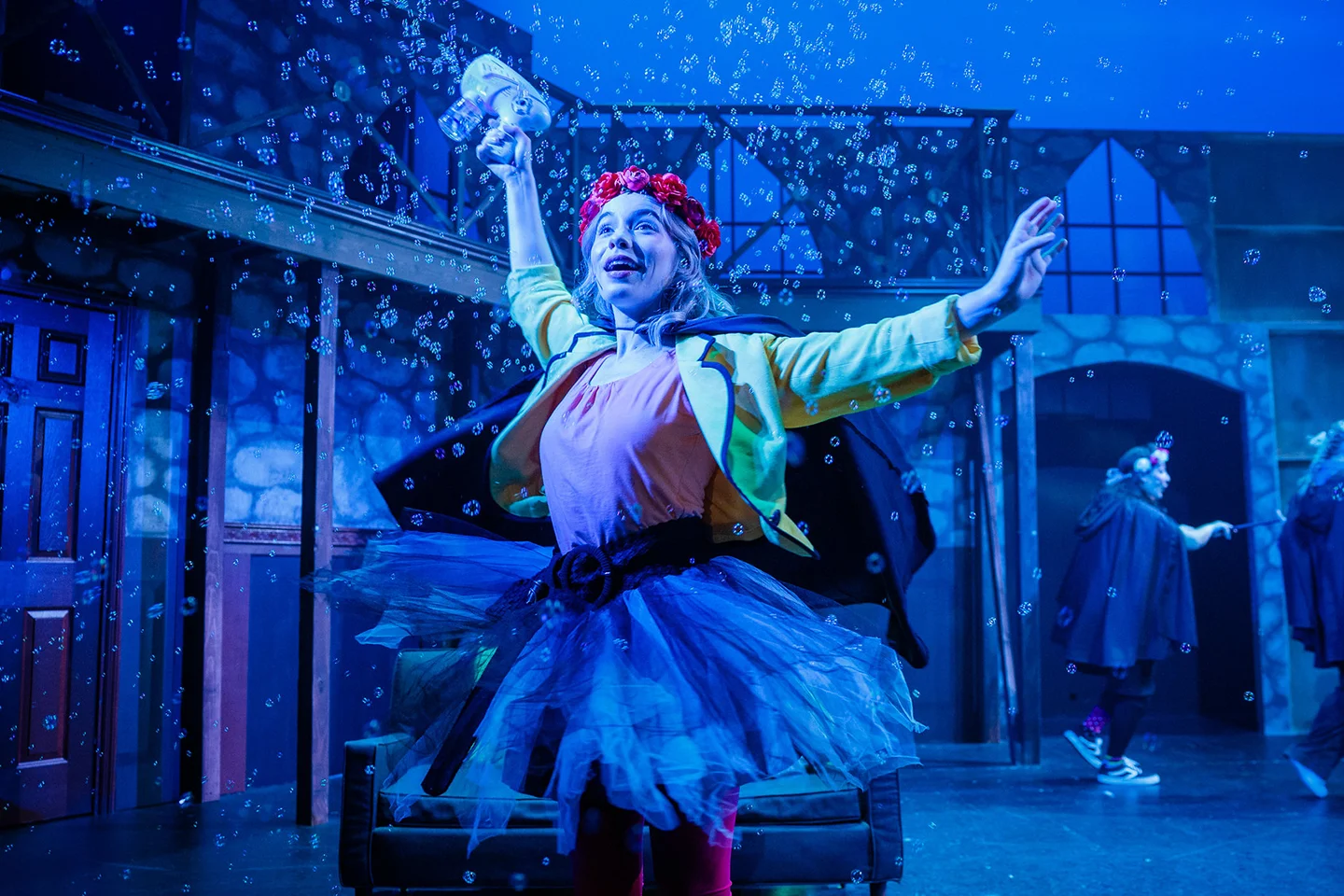







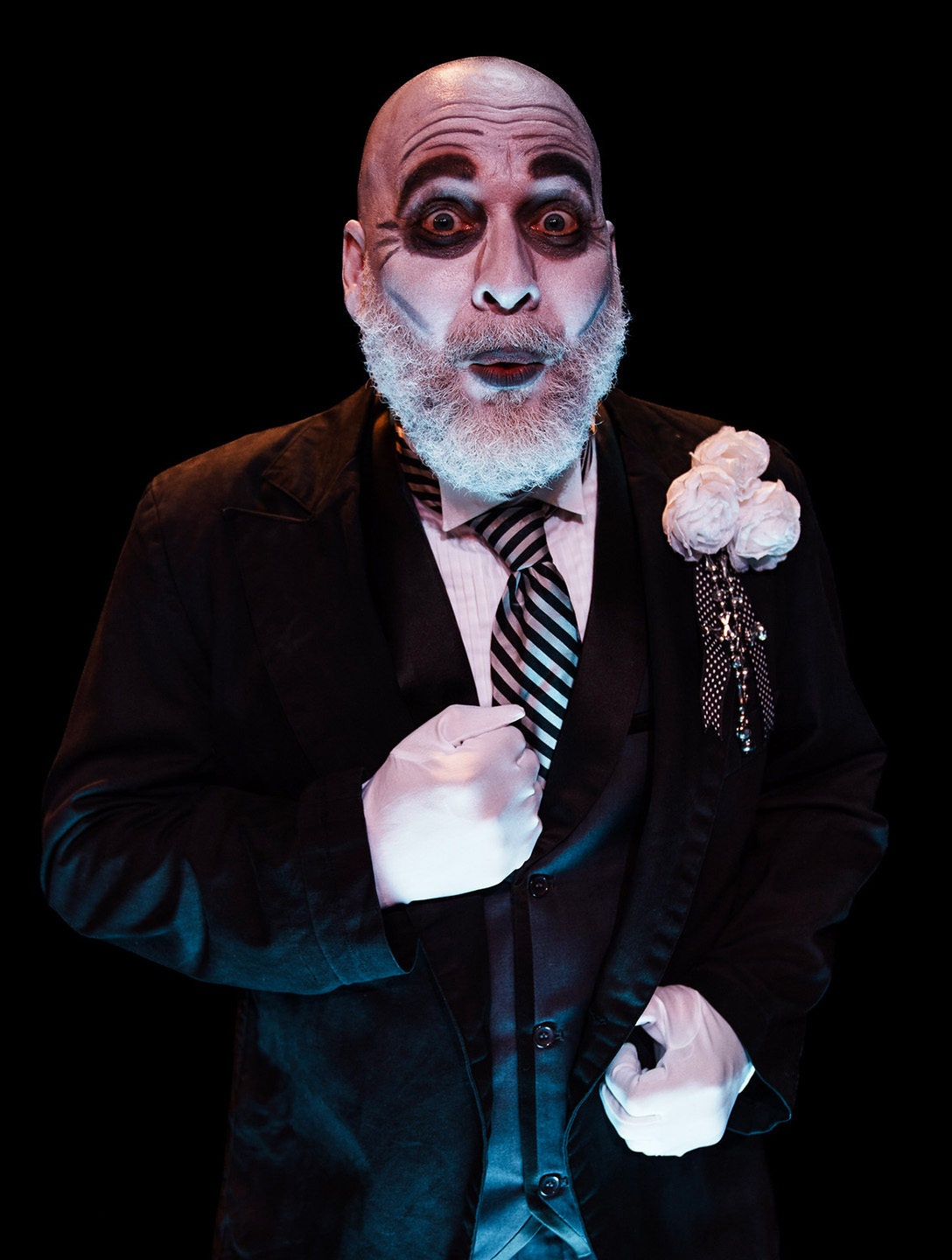
One Response
It was a pleasure researching and writing this short essay for the program. Come see the show for a wonderful production of Sarah Ruhl’s play!